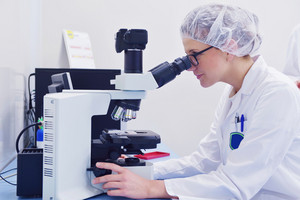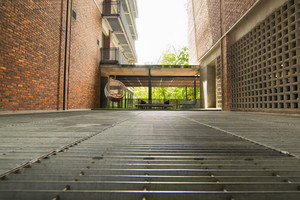How Science Works
Science is a branch of knowledge that involves the study of matter and its various forms. It has also been described as the systematic observation and analysis of natural phenomena and their underlying causes. Science is not just limited to the physical world, but also encompasses the social and cultural worlds.

The word science comes from the Latin word sciens, which means “knowledge”. The scientific method is the process by which scientists test theories and ideas by conducting experiments and gathering data in order to arrive at conclusions. Scientists then make sense of the data they have collected and use it to create new hypotheses. This is where the scientific method differs from other forms of inquiry such as literary criticism and historical investigation.
Scientific methods include the following:
* Hypothesis testing – Scientists must first formulate a hypothesis before carrying out any research. They then design an experiment that tests whether or not the hypothesis is true.
* Experimentation – Experiments are designed to answer specific questions about a phenomenon. For example, scientists may want to know if the sun causes a rise in the temperature of the earth’s atmosphere. To find out, they will need to conduct an experiment that measures the amount of heat energy received by the earth and compare it with the amount of heat energy received during a day without the presence of the sun.
* Data collection – After the experiment has been conducted, the results are analyzed to determine if the hypothesis was correct.
* Verification – Once the results of the experiment have been analyzed, scientists must verify that the hypothesis is true by repeating the experiment and collecting new data.
* Refinement – Once scientists have confirmed that their original hypothesis is true, they can begin to refine the hypothesis. They may find that the data they collected were inaccurate, so they may alter the hypothesis accordingly.
* Replication – Scientists may decide to repeat the experiment using different materials or conditions in order to see if the results hold true.
* Theory construction – If the data collected during an experiment does not support the hypothesis, scientists may decide to construct a new theory to explain the data.
* Rejection – If the new theory contradicts the existing one, the new theory will be rejected.
* Integration – If two or more theories contradict each other, they may be integrated into a single theory.
* Generalization – If a new theory explains a large number of previously unexplained phenomena, it may be generalized and used to explain a variety of other phenomena.
* Extension – A theory that is well established may be extended to describe phenomena that are currently unknown.




